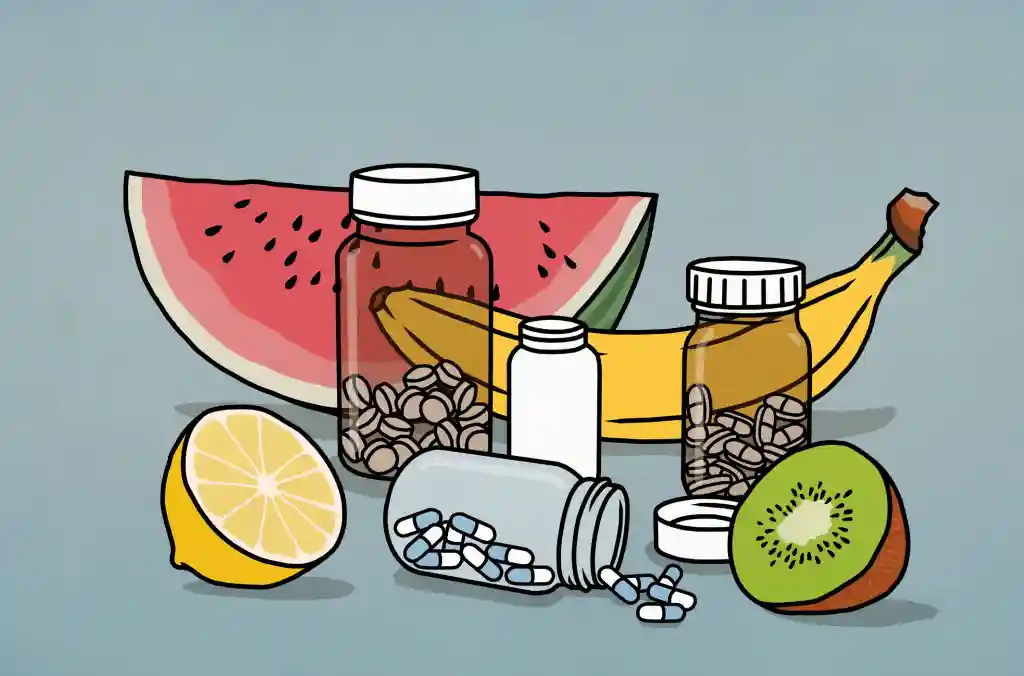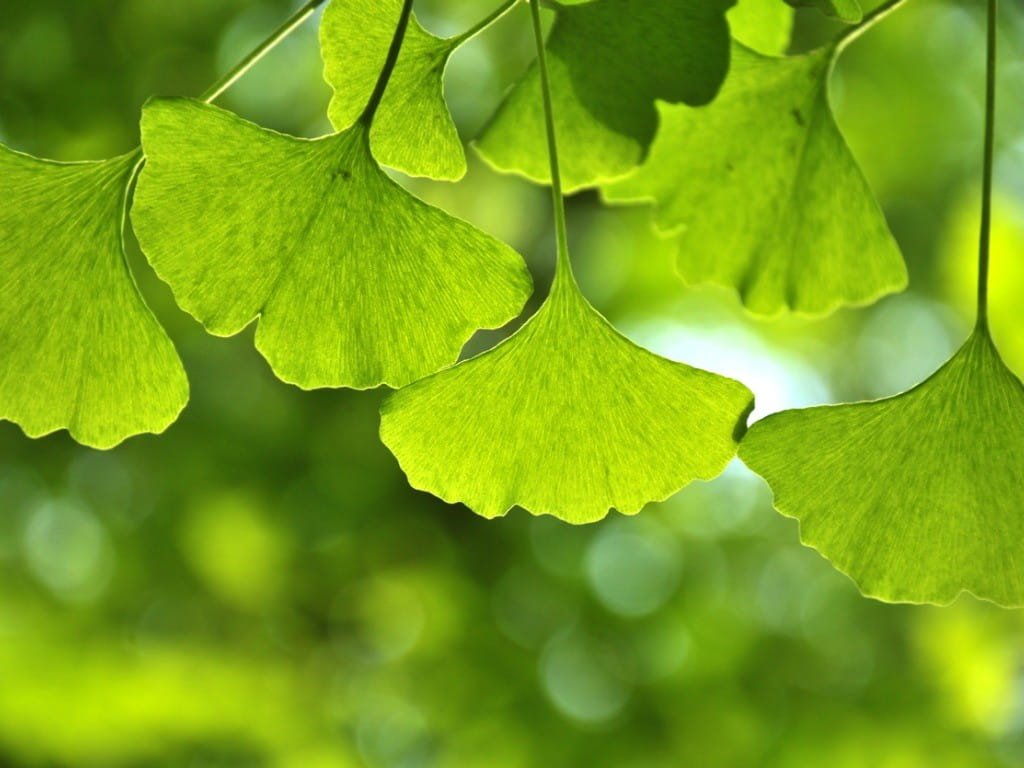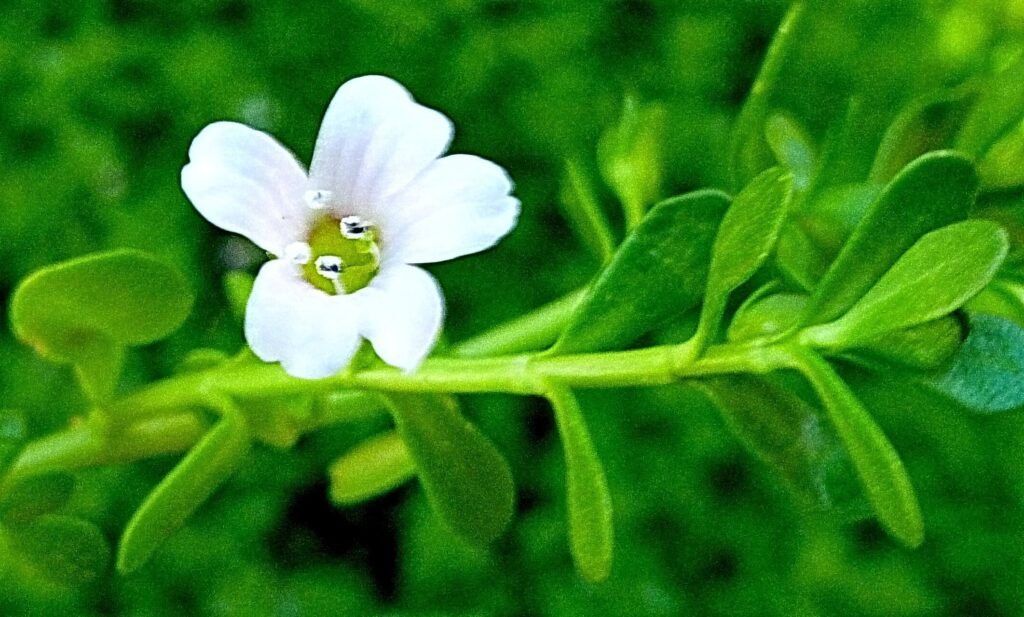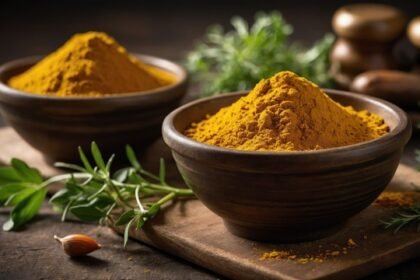
As a parent or caregiver, navigating the challenges of ADHD (Attention Deficit Hyperactivity Disorder) in teens can feel overwhelming. ADHD affects a teen’s ability to focus, stay organized, and regulate impulsive behaviors. While traditional medications are often prescribed to help manage these symptoms, many families are seeking natural alternatives to support their teens. In this article, I’ll share valuable insights into herbal remedies that can complement traditional ADHD treatments, offering potential benefits with fewer side effects.
The Growing Interest in Herbal Remedies for ADHD
In recent years, there’s been growing interest in herbal remedies for managing ADHD symptoms. As more people turn to nature-based solutions for health and wellness, many herbs have shown promise in supporting focus, mood stability, and overall mental clarity. While herbal remedies are not a cure-all, they can play a role in managing symptoms, often alongside other treatments like behavioral therapy or medication.
But why herbal remedies?
Herbs are often considered gentle on the body and are less likely to cause the intense side effects sometimes associated with prescription medications. Additionally, they can help address underlying imbalances in the body that may contribute to ADHD symptoms. And, importantly, many herbs have been used for centuries, offering a track record of safety and efficacy.
So, let’s explore some of the top herbal remedies that I believe can make a real difference in managing ADHD symptoms in teens.
1. Ginkgo Biloba: The Focus-Enhancing Herb

Ginkgo Biloba has long been used in traditional medicine to enhance cognitive function, improve focus, and increase blood flow to the brain. For teens with ADHD, this herb can help sharpen attention and mental clarity. Several studies suggest that Ginkgo Biloba can have positive effects on memory, focus, and executive functioning—critical areas for teens struggling with ADHD.
Benefits of Ginkgo Biloba for ADHD:
- Improves concentration and memory
- Supports cognitive function and mental clarity
- Reduces mental fatigue
How to Use: Ginkgo Biloba can be found in capsule, tablet, or liquid extract form. I recommend starting with a low dose (usually around 120 mg per day) and monitoring your teen’s response. Consult with a healthcare provider before beginning any supplement, especially if your teen is already on ADHD medication.
2. Bacopa Monnieri: The Brain Booster

Bacopa Monnieri, often referred to as “Brahmi,” is an herb that has been used in Ayurvedic medicine for centuries to improve brain function and reduce anxiety. Research has shown that Bacopa can help with focus, attention span, and even learning and memory. This herb has the potential to be particularly beneficial for teens with ADHD who struggle to retain information or who have difficulty with academic performance.
Benefits of Bacopa Monnieri:
- Enhances focus and concentration
- Improves learning and memory
- Reduces anxiety and stress
How to Use: Bacopa is usually available in capsule or powder form. Typical doses range from 300 to 450 mg per day. As with all herbal supplements, it’s best to start with a low dose and gradually increase. Keep in mind that Bacopa may take a few weeks to show noticeable effects.
3. Rhodiola Rosea: Stress Reduction for Focus
Stress is a significant trigger for ADHD symptoms, particularly in teens dealing with the pressures of school, social life, and self-esteem. Rhodiola Rosea, an adaptogenic herb, helps the body manage stress and improves resilience. By reducing stress, Rhodiola can indirectly help improve focus and reduce impulsive behavior, both common issues in ADHD.
Benefits of Rhodiola Rosea for ADHD:
- Improves focus and mental clarity
- Reduces stress and anxiety
- Boosts energy and stamina
How to Use: Rhodiola is typically taken in capsule or tablet form. A daily dose of 200 to 400 mg is generally recommended. Since Rhodiola is energizing, I suggest taking it in the morning or early afternoon to avoid interfering with sleep.
4. Lemon Balm: A Natural Calmer
Lemon Balm (Melissa officinalis) is a member of the mint family and has calming properties that can help reduce anxiety, irritability, and hyperactivity—common symptoms of ADHD in teens. By promoting relaxation and better sleep, Lemon Balm can support teens in maintaining focus throughout the day.
Benefits of Lemon Balm:
- Calms anxiety and irritability
- Improves sleep quality
- Supports focus and concentration
How to Use: Lemon Balm can be consumed as a tea, in capsule form, or as a tincture. Drinking a cup of Lemon Balm tea in the evening can help calm the mind before bed, improving sleep quality, which is crucial for teens with ADHD. If using capsules, 300 mg taken up to three times daily is typical.
5. Valerian Root: Better Sleep for Better Focus
Teens with ADHD often experience sleep disturbances, which can exacerbate focus problems during the day. Valerian root is an herb known for its sedative effects and is often used to promote relaxation and improve sleep quality. By addressing poor sleep, Valerian can help reduce daytime ADHD symptoms, such as irritability and lack of concentration.
Benefits of Valerian Root for ADHD:
- Improves sleep quality
- Reduces restlessness and anxiety
- Supports better focus during the day
How to Use: Valerian is typically taken in capsule or tincture form. For better sleep, a dose of 400 to 600 mg before bedtime is commonly recommended. Since Valerian can make you feel sleepy, it’s best to use it in the evening.
6. Peppermint: A Focus-Enhancing Herb
Peppermint isn’t just for digestive issues—it can also help sharpen focus and concentration. Studies have shown that the scent of peppermint or taking it in tea can increase alertness and improve memory retention. This could be particularly useful for teens who need a mental boost during school or homework time.
Benefits of Peppermint for ADHD:
- Boosts focus and concentration
- Reduces mental fatigue
- Enhances memory retention
How to Use: Peppermint tea is an easy and enjoyable way to incorporate this herb into your teen’s routine. Alternatively, peppermint essential oil can be used in a diffuser or applied topically for a refreshing mental boost.
7. The Power of Omega-3 Fatty Acids
While not technically an herb, Omega-3 fatty acids play an essential role in managing ADHD symptoms. They support brain health, improve cognitive function, and enhance mood regulation. Omega-3s are often recommended for teens with ADHD, and incorporating them into their diet through herbal sources like flaxseed or chia seeds can be highly beneficial.
Benefits of Omega-3 for ADHD:
- Supports brain health and cognitive function
- Reduces hyperactivity and impulsive behavior
- Enhances mood stability
How to Use: Omega-3s can be found in flaxseed oil, chia seeds, or fish oil supplements. I recommend aiming for about 1,000 mg of Omega-3s daily for teens with ADHD.
Combining Herbal Remedies with Lifestyle Changes
While herbal remedies can offer significant benefits, they work best when combined with a holistic approach to managing ADHD. Lifestyle changes such as creating a structured daily routine, ensuring a healthy diet, encouraging physical activity, and supporting emotional well-being can all complement herbal treatments.
Final Thoughts: Taking a Natural Approach to ADHD Management
Herbal remedies have the potential to be powerful allies in managing ADHD symptoms, but they should not replace medical advice or traditional treatments. Always consult a healthcare provider before introducing new herbs or supplements into your teen’s routine, especially if they are already on medication.
By combining herbal remedies with proper care and lifestyle adjustments, you can help your teen manage ADHD symptoms more effectively. If you’re interested in exploring natural treatments further, reach out to a qualified herbalist or holistic practitioner for personalized guidance.
References:
- Ginkgo Biloba for Cognitive Function – Journal of Cognitive Enhancement
- Bacopa Monnieri in ADHD – Clinical Psychology Review
- Rhodiola Rosea: A Natural Adaptogen – Journal of Psychopharmacology








